
The Upper East Region finds itself in a governance gridlock as several district assemblies grapple with the inability to elect a Presiding Member, with divisions along party lines impeding the democratic process.
The impasse, attributed to the polarization between the National Democratic Congress (NDC) and the New Patriotic Party (NPP), underscores the challenges of partisan politics in local governance and its impact on decision-making processes.
After the inauguration of the assemblies across the region, many assemblies in the region have failed to reach a consensus on the election of a Presiding Member. Out of the 15 Municipal and District Assemblies of the Upper East Region, only the Zebilla district was able to elect a Presiding Member – Awini Zakaria Asaana.
He obtained 39 votes in a second round of voting to beat his contender, Azaaba A. Williams who polled 10 votes.
This is attributed to the fact that members – elected and nominated were divided alongside political party lines. In the Bolgatanga Municipal Assembly, 39 assembly members both elected and appointed were sworn in. For the past year, the assembly has failed to elect a presiding member. Municipal Chief Executive for Bolgatanga, Rex Asanga, attributes it to partisan politics.
“If you see the votes, it is according to party lines. Those aligned with the NPP all vote in a certain way. Those aligned with the NDC also vote for their candidates. From the look of things, people would not change their minds.”
The polarization between the NDC and NPP also played a role in the Talensi district during the election of a Presiding Member. Two candidates, Edward Azuah and Clement Nmabila who contested to be elected the presiding member both failed to secure the required two-thirds votes.
Thomas Duanab Wuni, the DCE for Talensi expressed worry that “If you have party secretaries both winning elections as assembly members and are in the house, and then you have appointments that have largely moved into partisan considerations, it is normal that we may not be going to the elections with party colors, but clearly, we know.”
In the Builsa South District, a former Presiding Member, John Peter Apaabey obtained 18 votes while John Asuaga had 12 votes, both failing to secure the two-thirds required. A situation, the DCE for the area, Daniel Kwame Gariba suspects conspiracy on the part of the NDC to deny the assembly an opportunity to elect a PM.
“There is a certain conspiracy from a certain camp to make sure that the PM elections don’t go through. It is an NDC thing. Their point is that we are in an election year and when you elect a PM who is NPP, he is going to promote or support in the elections. I don’t even understand it. It is a hollow reason. That is what the NDC is saying. The events that are happening across the region feed into that intelligence we have had. Days before this whole exercise, we heard it. They said they are going to make sure that we are not going to get presiding members,” he said.
Other assemblies including, Bolgatanga East, Nabdam, Bongo, Binduri, Bawku, Pusiga, Garu, Tempane, Kassenan-Nankana East, Kassena-Nankana West, and Builsa North respectively were unsuccessful in their quest to elect a Presiding Member.
Explore the world of impactful news with CitiNewsroom on WhatsApp!
Click on the link to join the Citi Newsroom channel for curated, meaningful stories tailored just for YOU: https://whatsapp.com/channel/0029VaCYzPRAYlUPudDDe53x
No spams, just the stories that truly matter! #StayInformed #CitiNewsroom #CNRDigital
The post Partisan divide stalls presiding member elections in most assemblies of Upper East region appeared first on Citinewsroom - Comprehensive News in Ghana.
Read Full Story
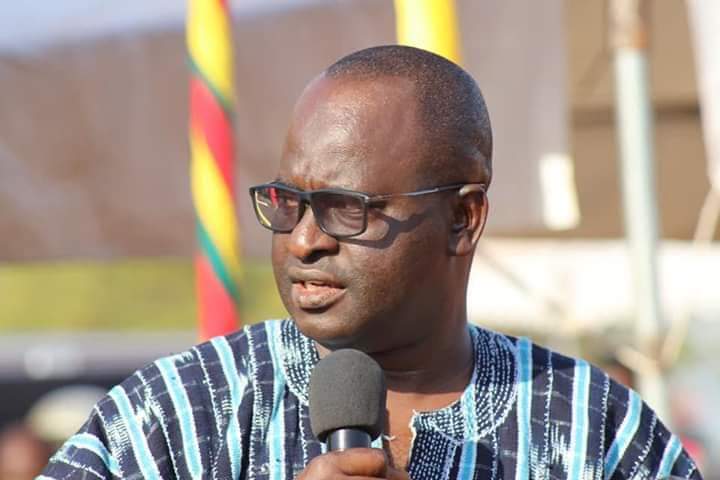

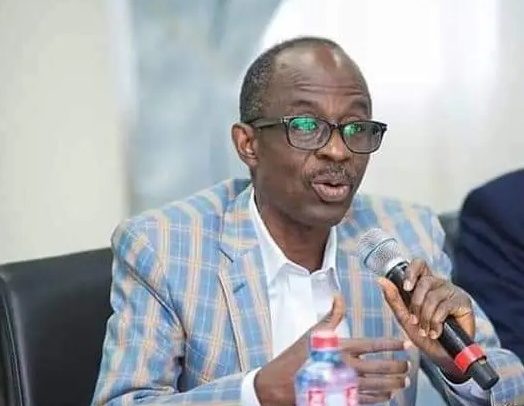
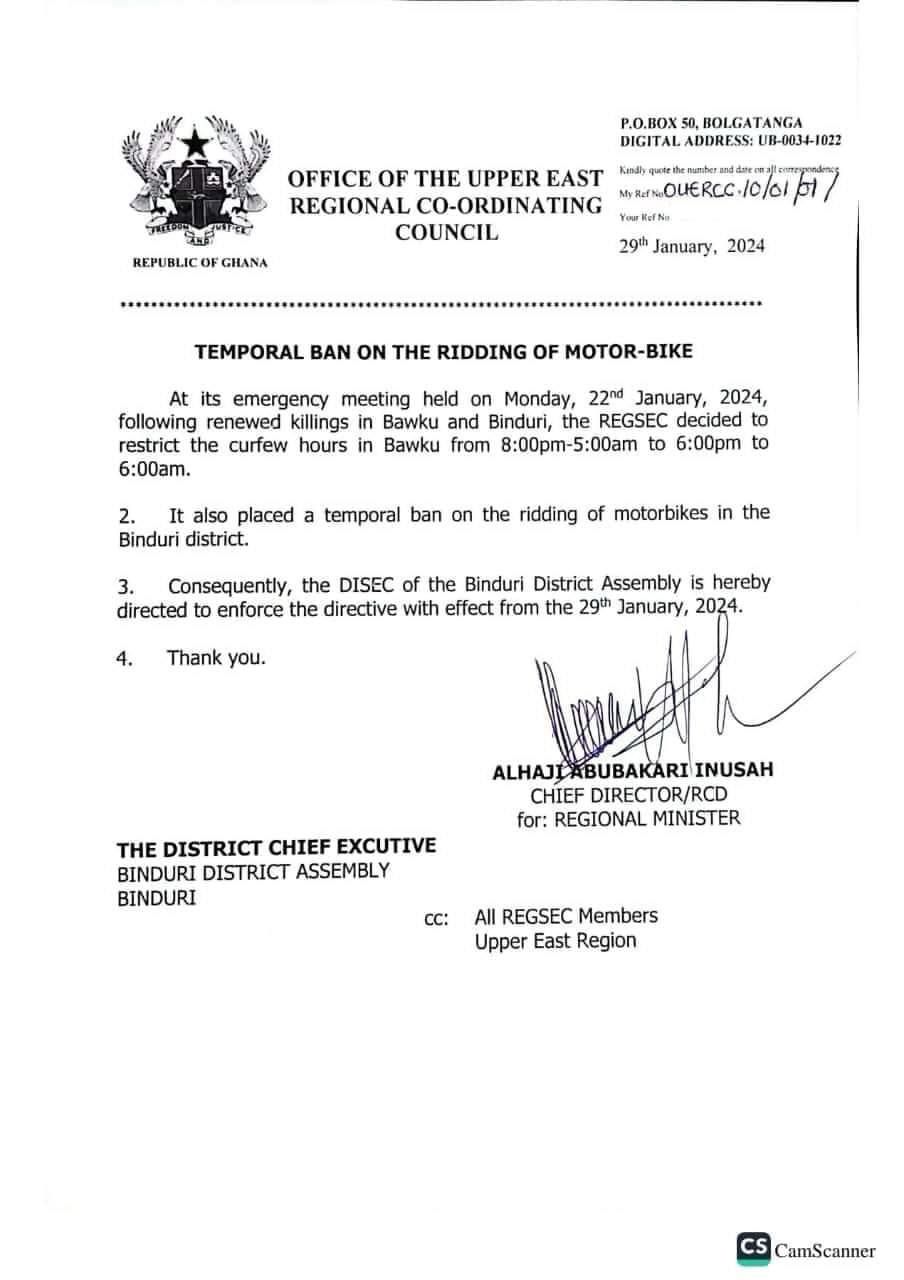

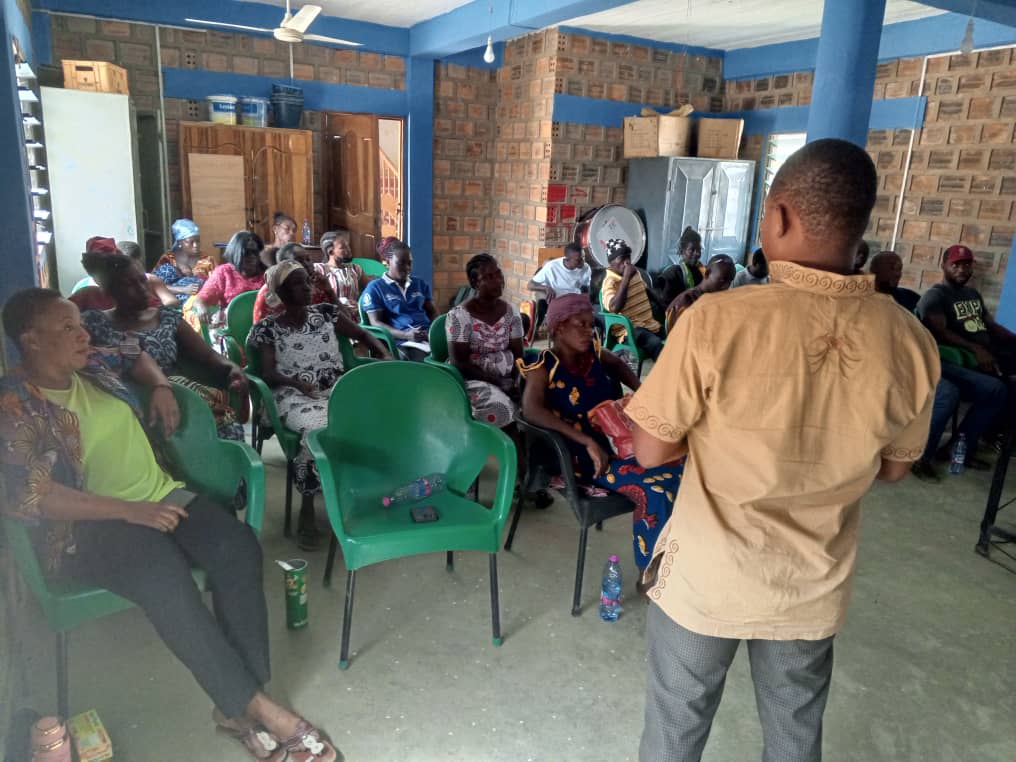


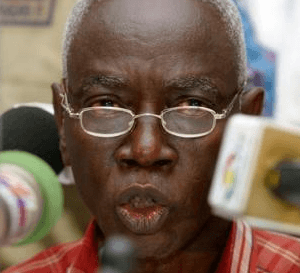













Facebook
Twitter
Pinterest
Instagram
Google+
YouTube
LinkedIn
RSS